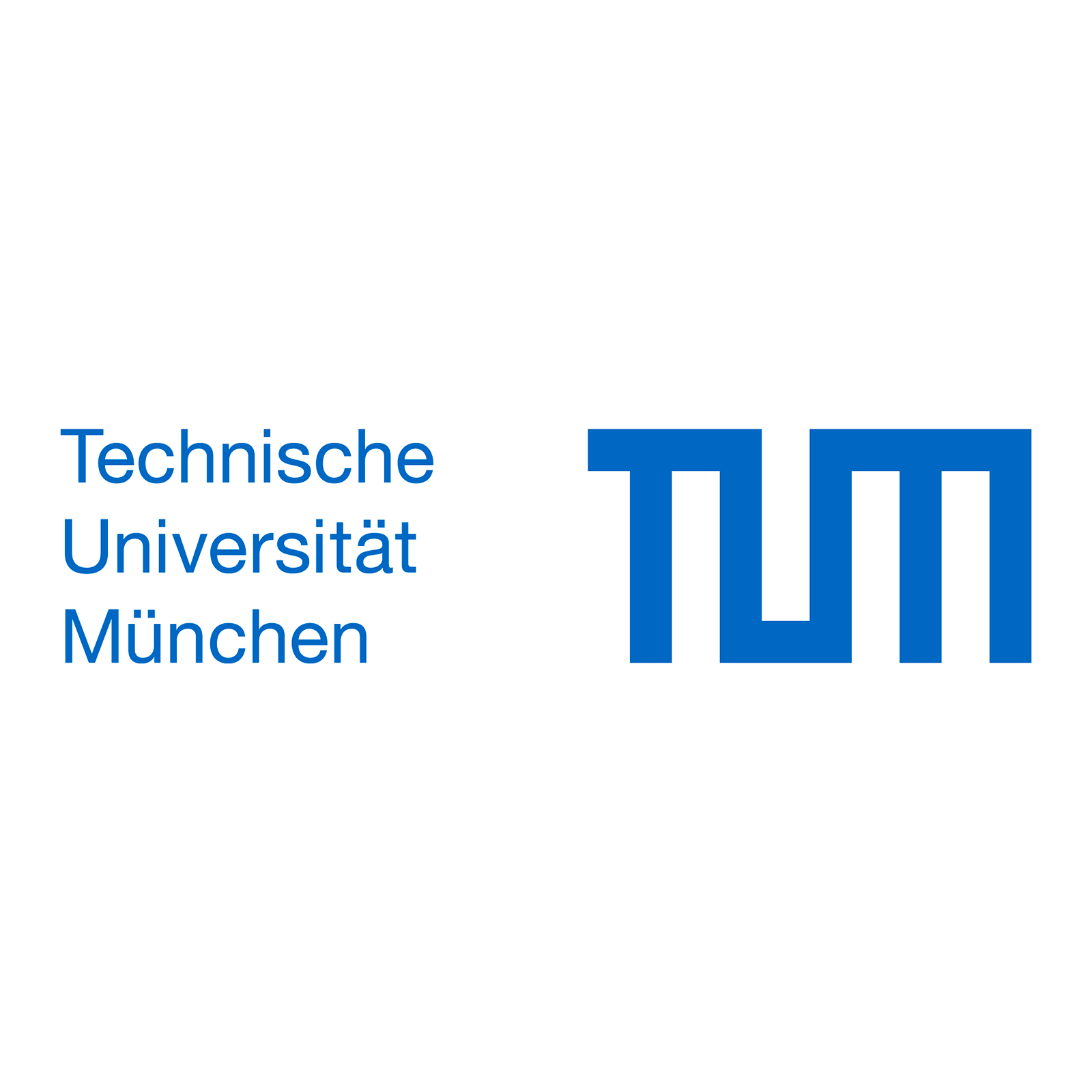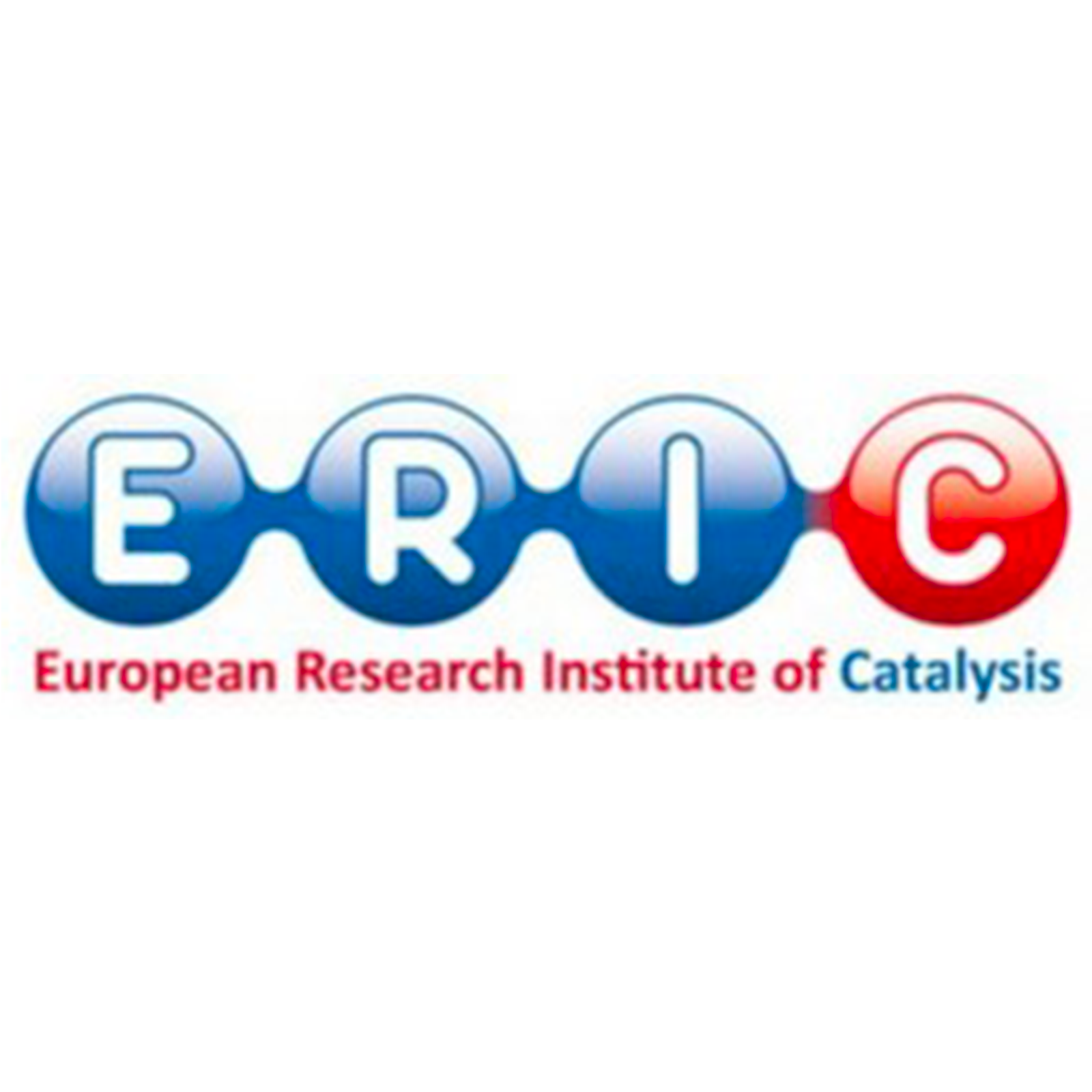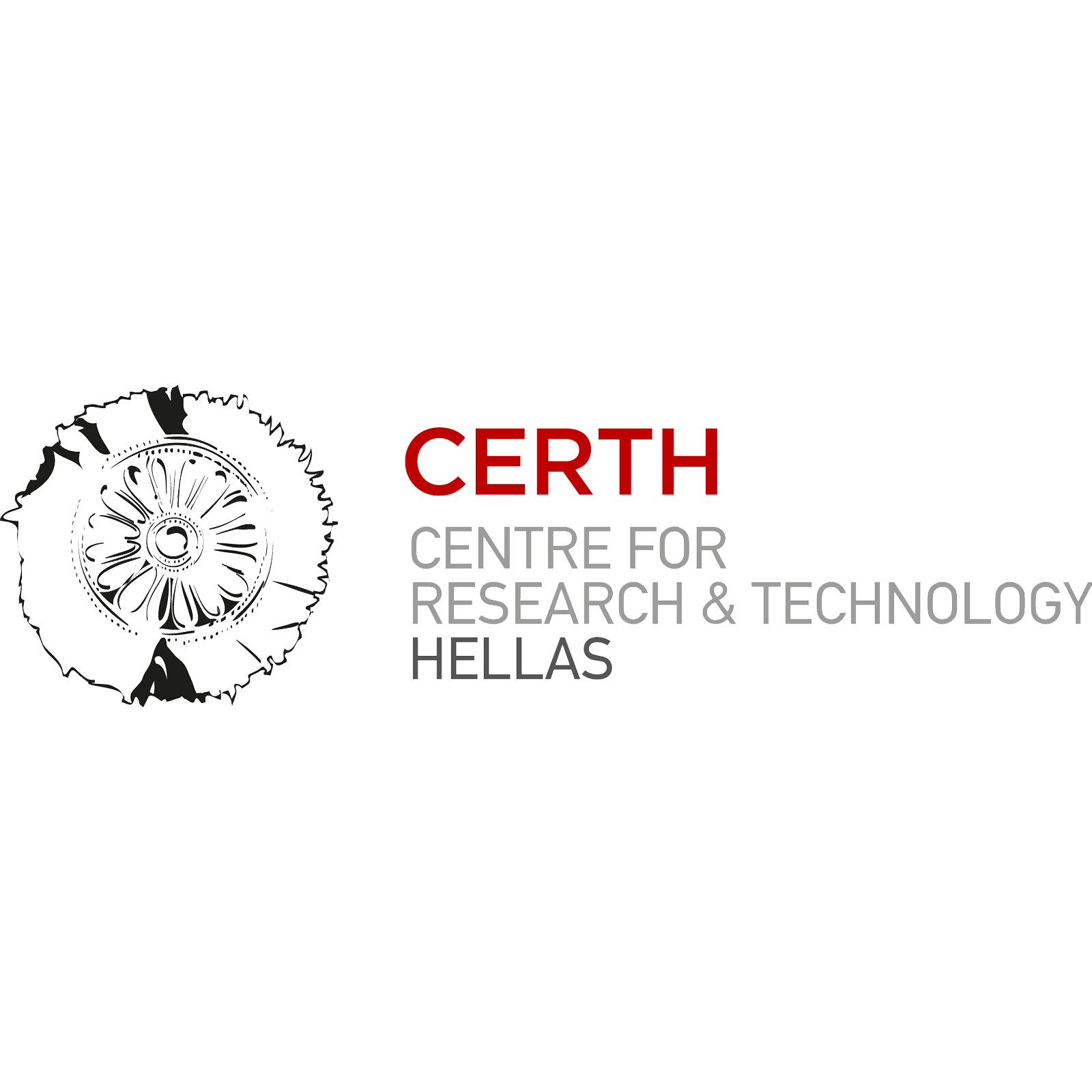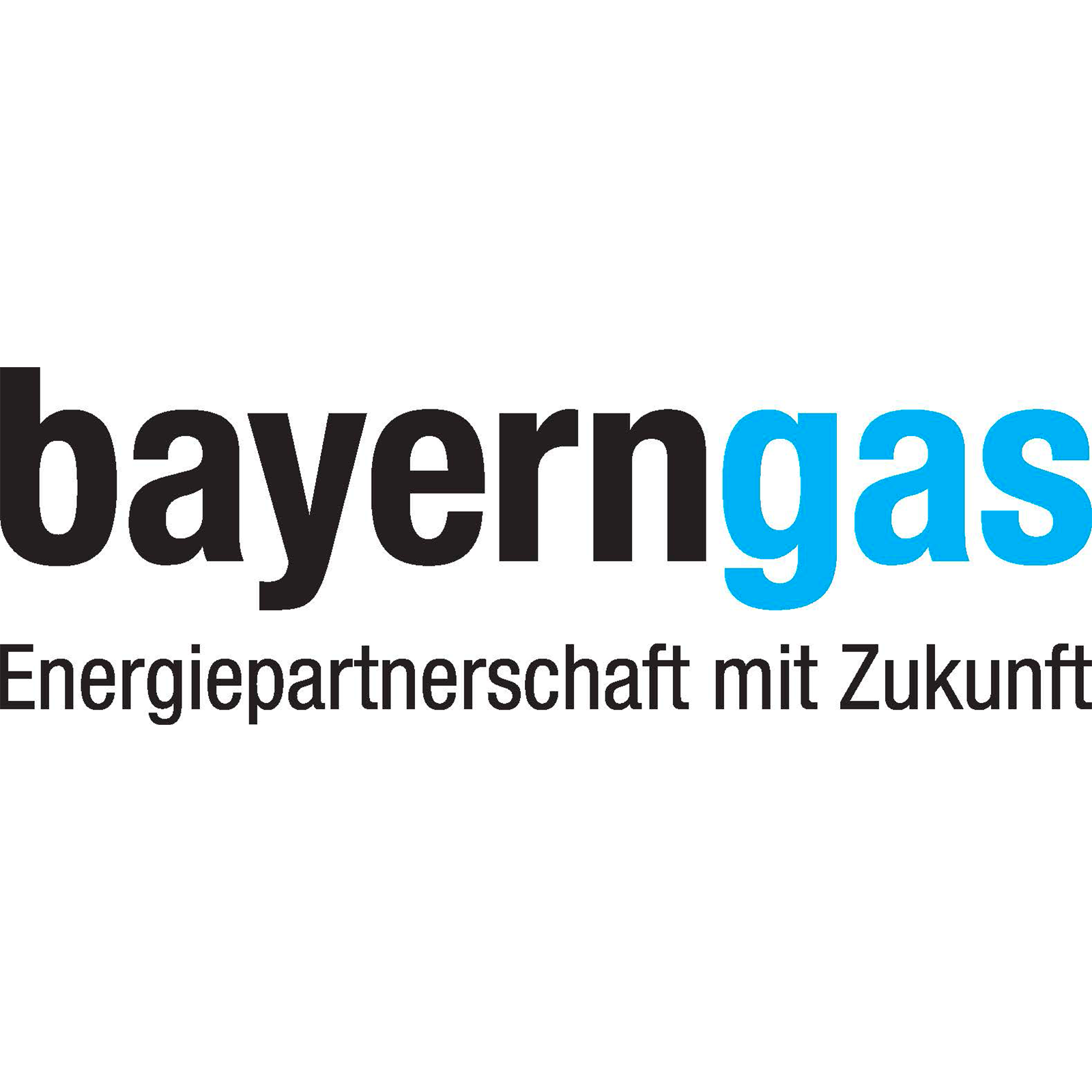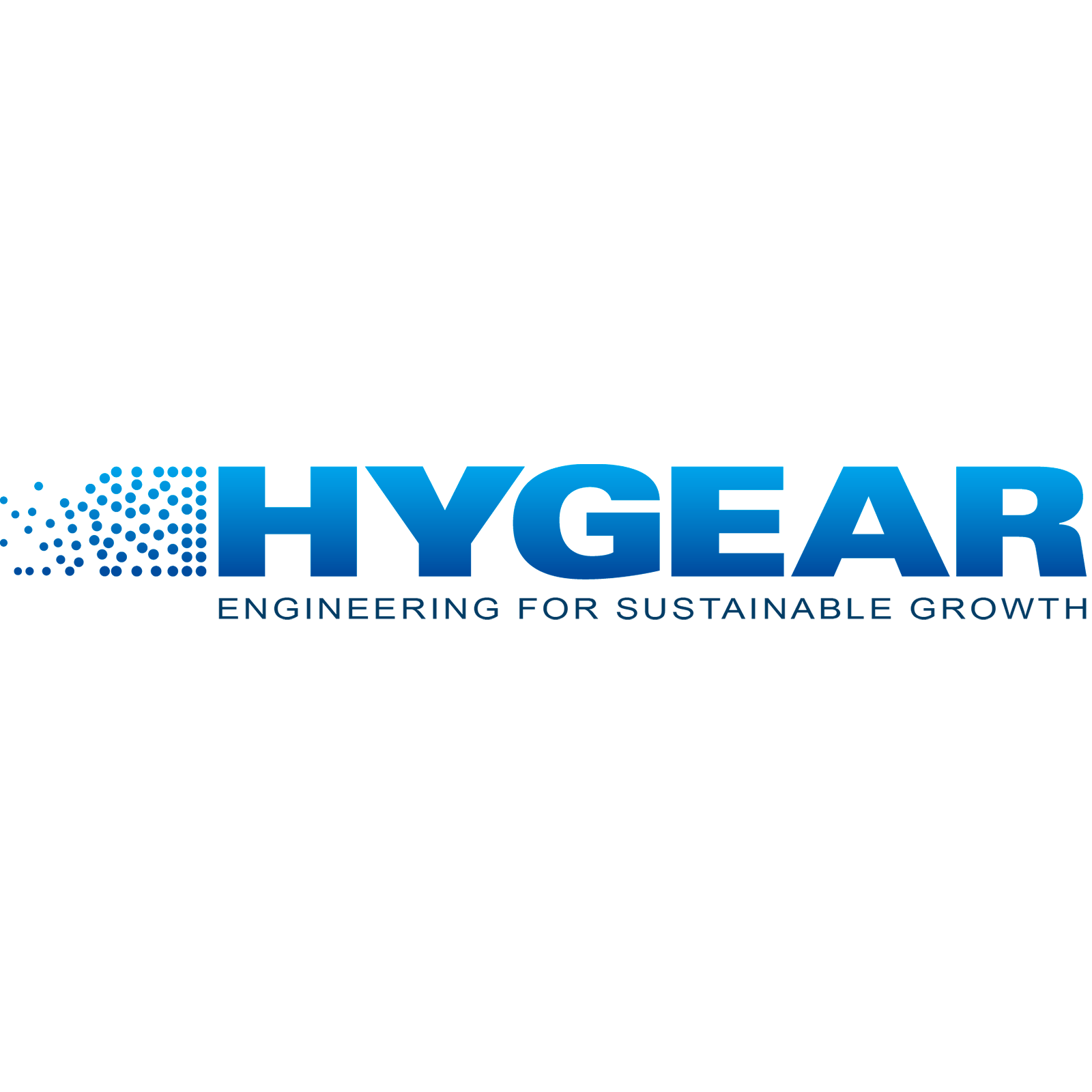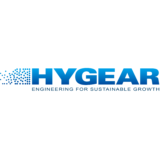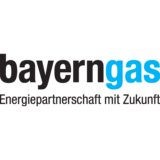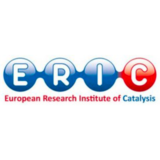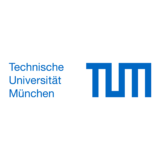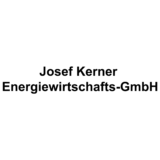Consortium
The EReTech project consortium demonstrates significant potential for industrial leadership in key strategic value chains related to the supply of raw materials, particularly in the field of hydrogen production. By developing a compact reactor with unmatched power density, the consortium aims to enable participating engineering companies such as LINDE, HYGEAR, and SYPOX to establish a leadership position in providing high-purity H2 with an unmatched carbon footprint and economy. The technology targets scalability adaptable to local regulations, offering solutions from renewable H2 production (e.g., from biogas) to blue H2 (combining conventional methane with CO2 capture and storage). Importantly, the proposed technology is more efficient and easier to control than conventional steam-methane reforming, eliminating the need for burners and fireboxes.One significant aspect is the use of biogenic resources like biogas, which can support the implementation of H2 as a major energy vector. With numerous biogas plant operators across Europe, especially in Germany, Italy, and France, the project addresses the need for a transition to renewable H2 production while ensuring economic viability. Additionally, the stability of biogas production helps to stabilize H2 production compared to fluctuating wind and solar energy inputs. Biogas generated from sources like manure could even result in H2 with a negative carbon footprint.From a technical perspective, the electrification proposed by EReTech offers transformative changes in technology, simplifying operations and optimizing resource and energy use across various scales of realization. It enables the continuation of economical operations for biogas plants and offers a sustainable path for H2 production, particularly in regions with limited local electricity generation from renewables.The project also aims for industrial leadership in clean, decarbonizing industries, contributing to climate change mitigation efforts. The consortium’s commitment to investing in decarbonization technologies aligns with broader goals of reducing carbon footprints and improving environmental performance. Through cross-sectoral cooperation along the value chain, including utility companies, manufacturing companies, and engineering contractors, the consortium plans to transform business models to rely more on renewable sources and less on fossil fuels.Completing the project is expected to have profound impacts on scientific, technical, economic, and societal levels. It will enable the scalable realization of electrified reactors for H2 production, offering highly pure carbon-neutral H2 and contributing to the energy transition. The societal impacts include creating H2 valleys based on circular economies, accelerating the adoption of green fuels in various industries, and reducing CO2 emissions significantly.

Josef Kerner

EReTech
Grant agreement ID: 101058608
Start date 1 June 2022
End date 30 November 2025


